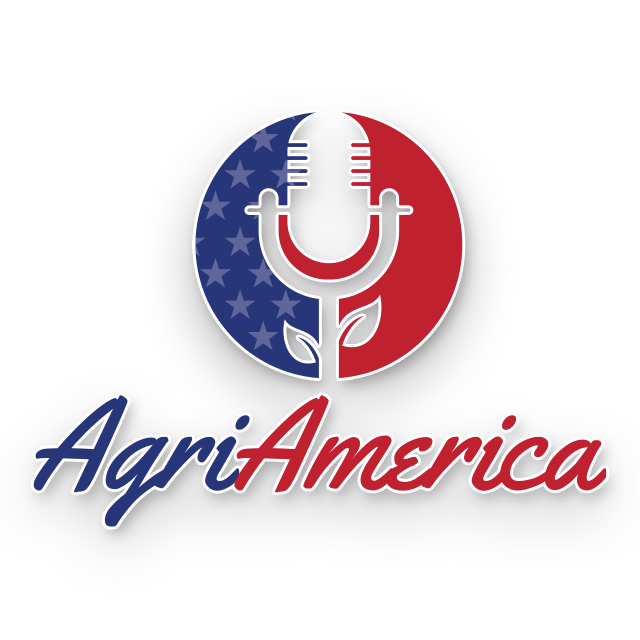Highlighting the Cattle Industry from Gate to Plate
On this episode, we are joined by Cattlemen to Cattlemen Host Kevin Ochsner and Executive Producer Kate Maher to discuss the special National Ag Day episode of NCBA’s Cattlemen to Cattlemen TV show. Ochsner and Maher share updates from their recent travels where they visited 77 Ranch, JA Ranch, Bezner Beef, XIT Feeders, and The Meat Board in Texas. Together, these producers, feeders, and retailers represent the full cattle and beef supply chain. As a cattle producer, Ochsner shares what National Ag Day means to him and Maher explains the value of watching NCBA’s Cattlemen to Cattlemen. This special episode will air on RFD-TV on March 21, 2023, at 8:30 PM Eastern. For more information about the show, visit www.cattlementocattlemen.org.
